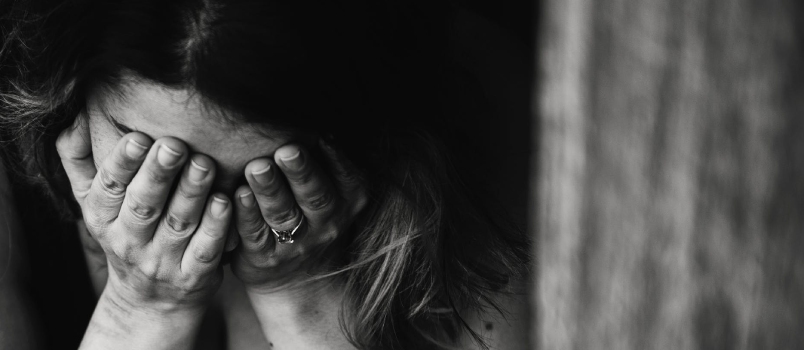Indecency in dressing remains a significant concern within tertiary institutions, and it is disheartening to witness students, especially females, embracing indecent attire. This issue not only raises questions about appropriate dressing but also impacts the overall environment and atmosphere on campuses.
Indecent dressing can be influenced by a myriad of factors, including peer pressure, media portrayal, and the desire for self-expression.
In this interview, Dr. Aminu Nwosu, a distinguished sociologist, will delve into the pervasive issue of indecency and propose constructive solutions for moving forward.
Interviewer: Good day, thank you being here to discuss the issue of indecency among Nigerian students. To begin, could you please introduce yourself and your expertise in the field of student behavior and social issues?
Respondent: Certainly. I’m Dr. Amina Nwosu, a sociologist with a focus on youth behavior and social trends. I’ve conducted research on various aspects of student life and societal influences on their behavior.
Interviewer: Dr. Nwosu, can you explain what is meant by “indecency” among Nigerian students and why it has become a concern?
Respondent: Indecency, in this context, refers to behavior or actions that are considered morally or socially inappropriate, such as public displays of affection, provocative dressing, or offensive language. It has become a concern because it can affect the overall culture and values within educational institutions and the broader society.
Interviewer: What are some common examples of indecent behavior that you’ve observed among Nigerian students?
Respondent: Common examples include overt public displays of affection, which can be disruptive in educational settings, as well as provocative dressing that may not align with the institution’s dress code. Offensive language, cyberbullying, and excessive partying are also prevalent issues.
Interviewer: Are there any specific factors or influences contributing to the rise of indecent behavior among students in Nigeria?
Respondent: Several factors contribute to this issue. Exposure to Western media and popular culture can influence students’ behavior and fashion choices. Additionally, peer pressure, a desire for social acceptance, and a lack of guidance can all play a role in encouraging indecent behavior.
Interviewer: How can educational institutions address this concern and promote more modest and respectful behavior among students?
Respondent: Educational institutions should have clear codes of conduct and dress guidelines that promote modesty and respect. They should also provide guidance and counseling services to address behavioral issues and offer a safe space for students to express their concerns.
Interviewer: In what ways can parents and guardians contribute to addressing indecency among their children who are students?
Respondent: Parents and guardians can play a crucial role by instilling strong values, fostering open communication, and setting good examples. Monitoring their children’s media consumption and social interactions can also help guide their behavior positively.
Interviewer: How about the role of society at large? What can be done to address indecency among Nigerian students from a societal perspective?
Respondent: Society can encourage positive values and behavior by supporting initiatives that promote modesty, respect, and ethical conduct. Community leaders, religious institutions, and the media can all play a role in reinforcing these values and discouraging indecent behavior.
Interviewer: Lastly, Dr. Nwosu, what advice would you give to Nigerian students who may be engaging in indecent behavior, and what message would you like to convey to them?
Respondent: My advice to students engaging in indecent behavior is to reflect on their actions and consider how they contribute to their personal growth and the well-being of their communities. Respect for oneself and others, along with responsible behavior, can lead to a more positive and fulfilling educational experience.
Interviewer: Thank you, Dr. Nwosu, for your insights on this important issue of indecency among Nigerian students. Your expertise provides valuable perspectives on addressing this concern.
Respondent: You’re welcome. I hope our discussion contributes to a greater awareness of the issue and encourages positive change among students in Nigeria.










